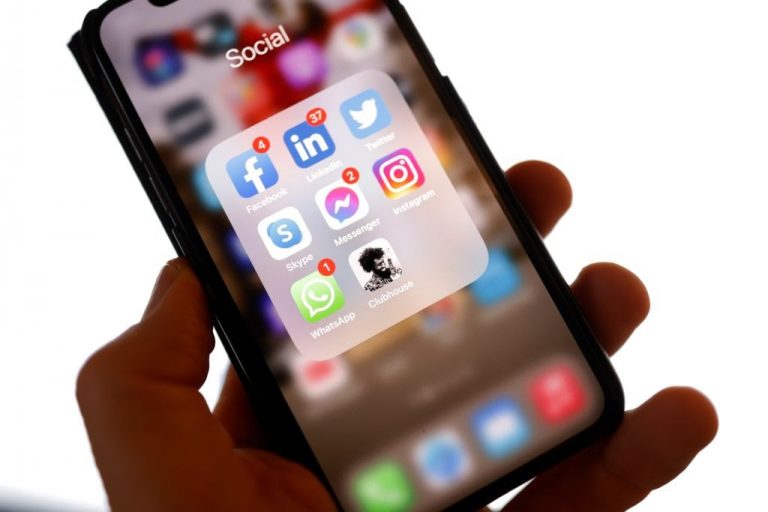A new audio chat app called Clubhouse is rapidly gaining global popularity. However, The Stanford Internet Observatory (SIO) recently reviewed the app and noticed that it might have some security issues that make it susceptible to having information intercepted by the Chinese Government.
The app is a drop-in audio chat app that seeks to connect users through audio discussions that mass audiences join. A discussion group started by a moderator can control the room; there are also speakers, who the moderator permits to speak; and listeners, who can speak after raising their hand or remain listeners during the conversation. It operates on an invitation-only basis, meaning that only someone who already has the app and an account can invite you to join one of the rooms for a conversation.
Clubhouse promoted by VIP’s
Since Elon Musk has used and promoted it, Clubhouse gained massive popularity recently. Musk is set for a discussion with Kanye West and has invited Vladimir Putin to discuss the platform.
Agora is a Singapore-based software company that operates out of Silicon Valley and provides back-end infrastructure to Clubhouse. Because of this, it may have access to some of the data from Clubhouse users.
Success
You are now signed up for our newsletter
Success
Check your email to complete sign up
The SIO report writes, “Because Agora is based jointly in the U.S. and China, it is subject to People’s Republic of China (PRC) cybersecurity law. In a filing to the U.S. Securities and Exchange Commission, the company acknowledged that it would be required to provide assistance and support by following [PRC] law,’ including protecting national security and criminal investigations.”
Although Clubhouse says it does not archive audio data collected from the conversations, it may be possible for the CCP Regime to tap in. It could intercept audio data if they deem any discussion a threat to national security and then store the audio data themselves.
The SIO report stated:
“Conversations about the Tiananmen protests, Xinjiang camps, or Hong Kong protests could qualify as criminal activity.”

“Agora claims not to store user audio or metadata, except to monitor network quality and bill its clients. If that is true, the Chinese government wouldn’t legally request user data from Agora — Agora would not have any records of user data. However, the Chinese government could still theoretically tap Agora’s networks and record it themselves. Or Agora could be misrepresenting its data storage practices,” it says in the SIO report, which also mentions that Huawei makes the same claim about not storing data.
Still, many experts believe this to be false. The report also stipulates a vital distinction between having potential access to user data and having actual access.
Although the CCP has only blocked the app in mainland China, it is expected that it will eventually be entirely banned after being pushed through a bureaucratic process. Some Chinese people have currently accessed the app after procuring an invite and maneuvering around the Great Firewall of China.
“We designed the service to be a place where people around the world can come together to talk, listen and learn from each other. Given China’s track record on data privacy, we made the difficult decision when we launched Clubhouse on the Appstore to make it available in every country around the world, with the exception of China. Some people in China found a workaround to download the app, which meant that—until the app was blocked by China earlier this week—the conversations they were a part of could be transmitted via Chinese servers,” Clubhouse said in a statement to the SIO.
“With the help of researchers at the Stanford Internet Observatory, we have identified a few areas where we can further strengthen our data protection… Over the next 72 hours, we are rolling out changes to add additional encryption and blocks to prevent Clubhouse clients from transmitting pings to Chinese servers. We also plan to engage an external data security firm to review and validate these changes,” Clubhouse said, optimistically hoping to ease tensions related to the security issues.
CCP mouthpiece Global Times has already spoken out about the app, claiming that while Western media has been reporting it as a haven for free speech, the discussions on the app are one-sided and there is no room for any conversation that is “pro-China.”
Follow us on Twitter or subscribe to our email list














